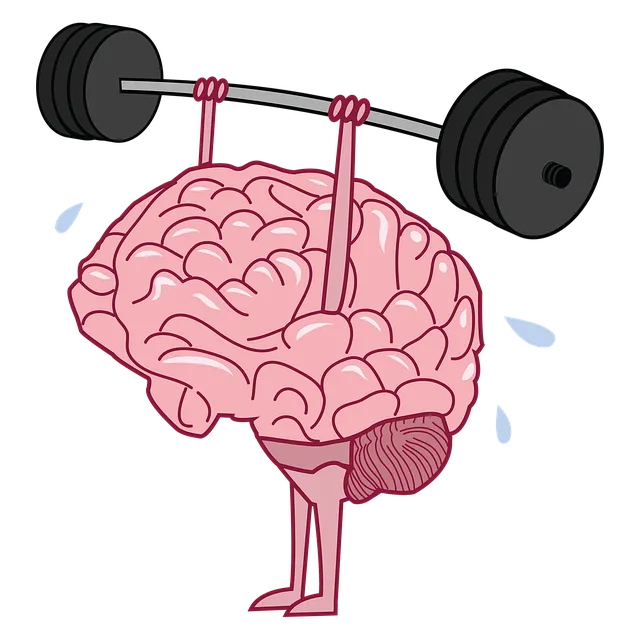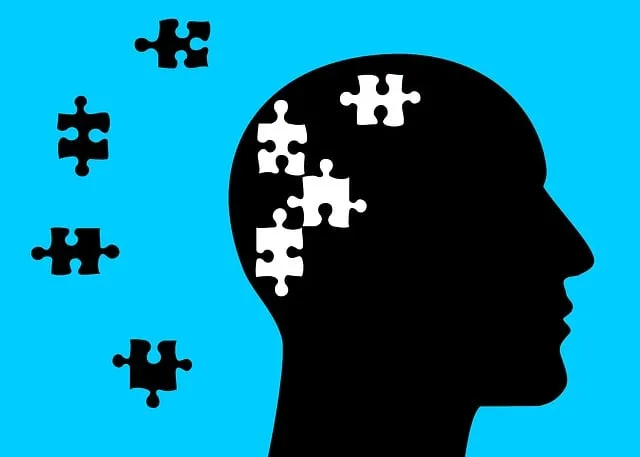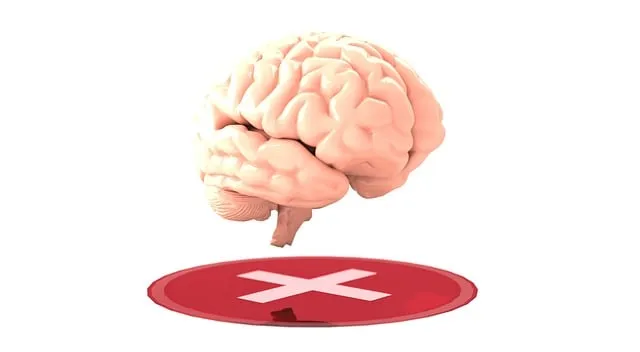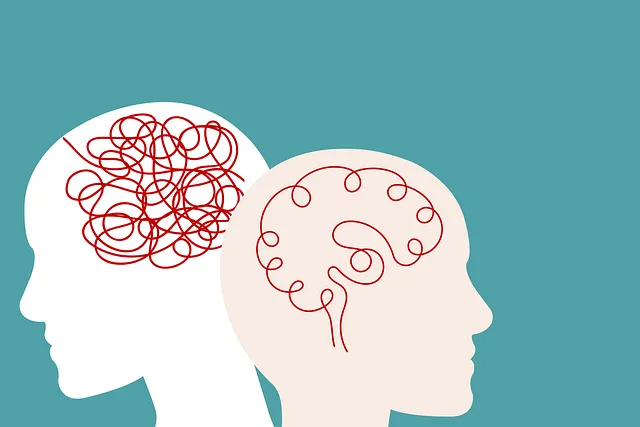The Lafayette Kaiser Permanente Mental Health Access Center prioritizes cultural sensitivity as a core strategy for delivering effective mental healthcare. By integrating compassionate practices that consider diverse backgrounds, customs, and values, the center creates safe spaces where patients' unique cultural experiences are valued. This holistic approach improves access to quality care, strengthens patient-caregiver bonds, and drives better outcomes. Cultural sensitivity is key in understanding diverse perspectives, personalizing care, and fostering trust within communities served by the Lafayette Kaiser Permanente Mental Health Access Center.
In the realm of mental healthcare, cultural sensitivity is paramount. With a diverse population seeking support at centers like Lafayette Kaiser Permanente Mental Health Access Center, understanding and navigating cultural differences can significantly impact patient outcomes. This article delves into the importance of cultural competence in mental health practice, exploring challenges such as communication barriers and biased assumptions that hinder effective care. We offer strategies to enhance sensitivity, including evidence-based practices, patient education, and community partnerships, ensuring all individuals receive culturally responsive mental healthcare services.
- Understanding Cultural Diversity in Mental Healthcare
- – Exploring the importance of cultural sensitivity and awareness in mental health practice
- – Defining cultural competence and its role in effective patient care
Understanding Cultural Diversity in Mental Healthcare

In the vibrant landscape of mental healthcare, understanding cultural diversity is more than a simple recognition of varied backgrounds; it’s a cornerstone for effective treatment. The Lafayette Kaiser Permanente Mental Health Access Center serves as a model for integrating Cultural Sensitivity in Mental Healthcare Practice. Here, resilience building isn’t just about coping mechanisms but tailoring support to reflect the unique experiences and beliefs of each individual. By fostering compassion cultivation practices, healthcare professionals create safe spaces where patients feel seen, heard, and understood.
This holistic approach acknowledges that cultural context plays a significant role in mental health expressions and responses to treatment. It encourages practitioners to move beyond language translation, delving into the intricate web of customs, traditions, and values that shape an individual’s journey. Such sensitivity not only enhances access to quality care but also fosters deeper connections between patients and their caregivers, ultimately promoting better outcomes.
– Exploring the importance of cultural sensitivity and awareness in mental health practice
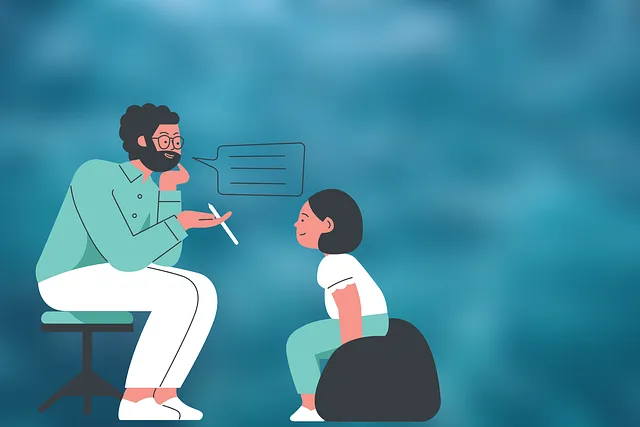
Cultural sensitivity is a cornerstone in providing effective mental healthcare services, particularly within diverse communities like those served by Lafayette Kaiser Permanente Mental Health Access Center. Understanding and respecting cultural differences can significantly impact patient outcomes and overall well-being. Each individual brings their unique cultural framework, shaped by their heritage, traditions, and personal experiences, which influence how they perceive and engage with mental health support.
By integrating cultural sensitivity into practice, mental health professionals can offer more personalized care. This involves learning about various cultural contexts, including common beliefs, values, and practices related to mental health and illness. For instance, some cultures may view depression through a lens of personal weakness rather than a medical condition requiring treatment, emphasizing the need for depression prevention strategies tailored to these perspectives. Additionally, incorporating culturally informed conflict resolution techniques and resilience building activities can foster trust, improve communication, and empower patients within their cultural frameworks.
– Defining cultural competence and its role in effective patient care
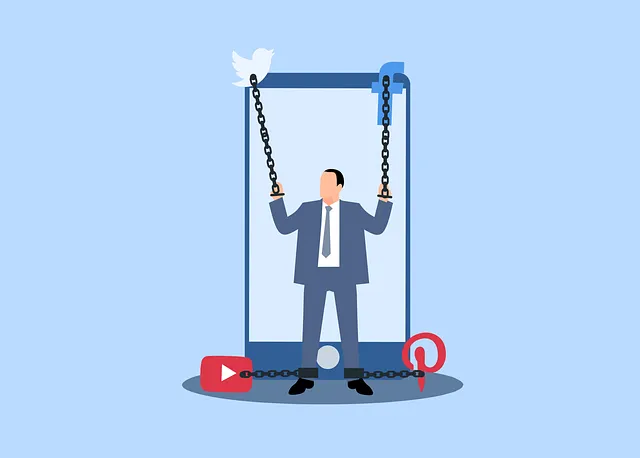
Cultural competence is a cornerstone of effective mental healthcare practice, especially in diverse communities like that served by the Lafayette Kaiser Permanente Mental Health Access Center. It refers to the ability to understand, appreciate, and effectively interact with individuals from different cultural backgrounds, recognizing and respecting their unique perspectives, values, and belief systems related to mental health and wellness. This involves more than just knowledge of various cultures; it’s about cultivating skills to navigate and bridge cultural differences, ensuring every patient receives sensitive and personalized care.
By integrating cultural sensitivity, the Lafayette Kaiser Permanente Mental Health Access Center aims to improve patient outcomes and enhance access to quality Trauma Support Services. Culturally competent practices enable mental health professionals to provide services that are tailored to individual needs, fostering open communication and building trust. This is particularly crucial in addressing the specific mental wellness challenges faced by diverse populations, ensuring no one feels marginalized or misunderstood in their pursuit of healing and recovery.
Cultural sensitivity is a cornerstone of quality mental healthcare, as exemplified by centers like Lafayette Kaiser Permanente’s mental health access center. By fostering cultural competence, mental health professionals can provide more effective and equitable care to a diverse range of patients. This involves not only understanding various cultural contexts but also actively incorporating these insights into treatment plans, ensuring that every individual receives respectful and tailored support for their unique needs. Embracing cultural sensitivity is crucial in breaking down barriers to access and fostering positive mental health outcomes for all.
